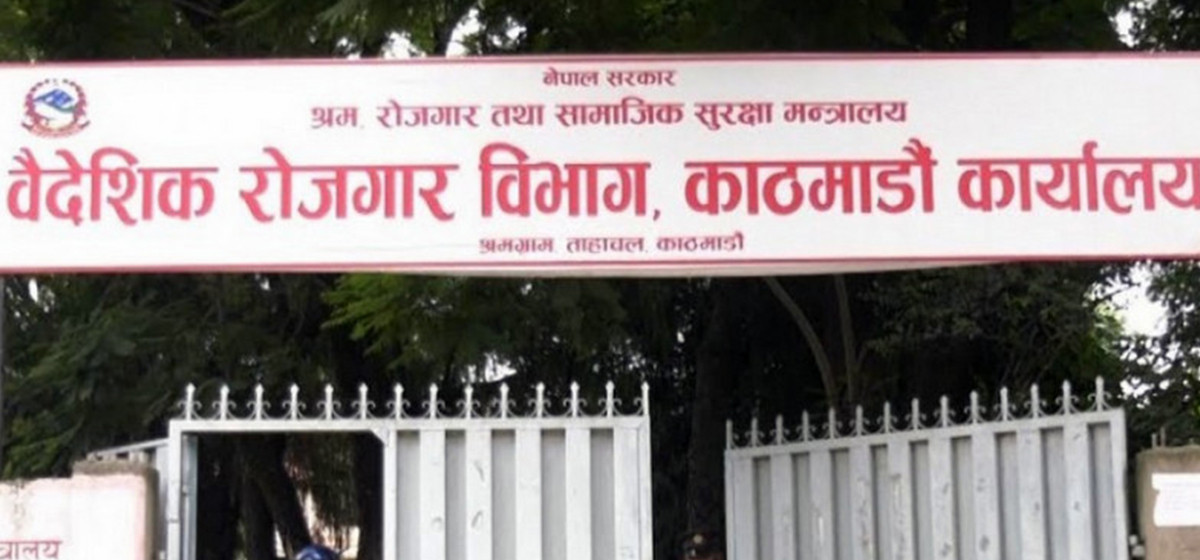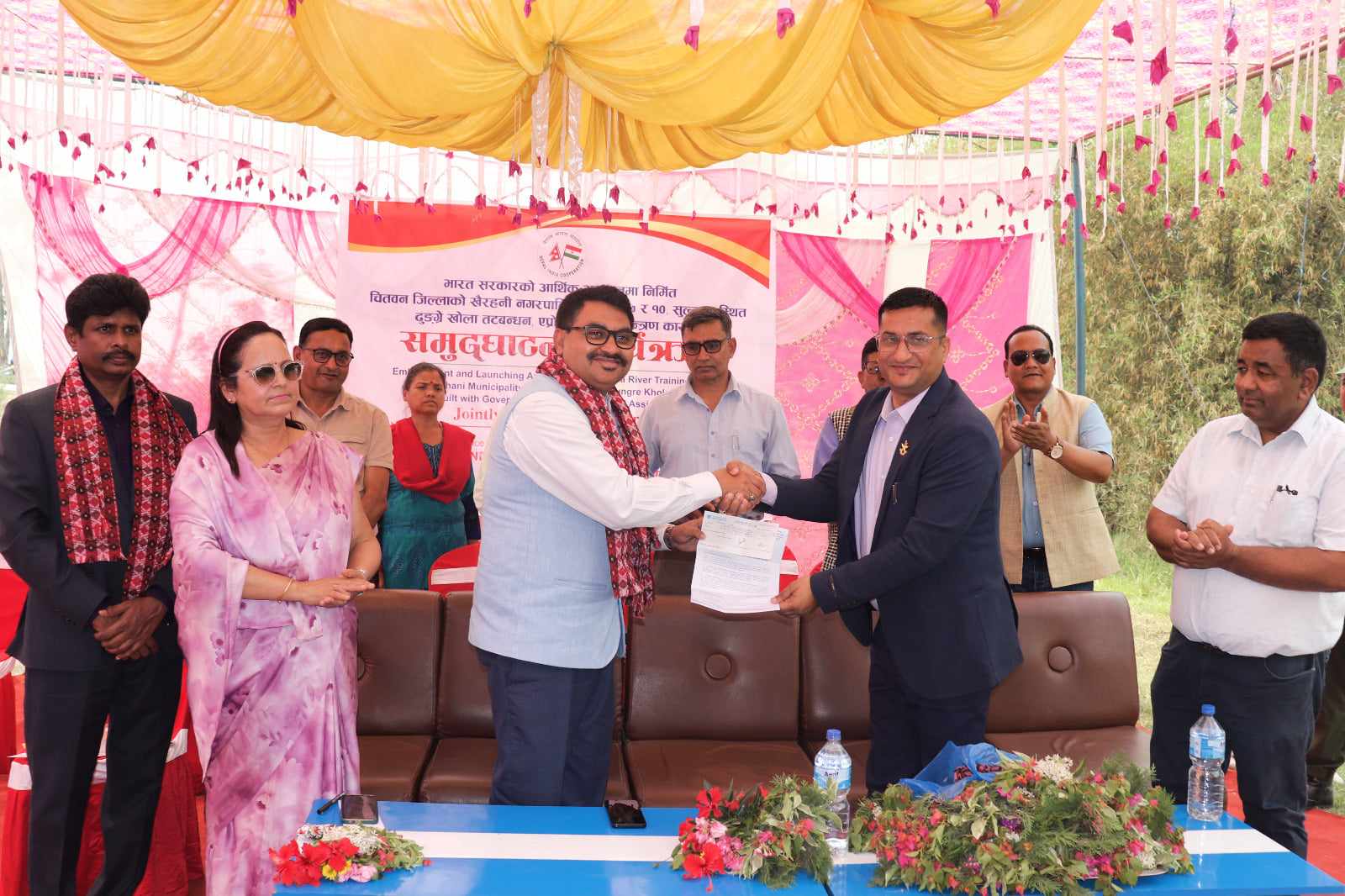
OR
-Constitution provides 22 exclusive powers to local-level bodies, 15 other shared with center and province
-15 other powers are shared with the center and provinces
-Local Development Ministry lists 37 powers of the wards
KATHMANDU, March 18: With the government formally transforming 3,334 local bodies into 744 local units under the newly-adopted federal system, people in far-flung villages across the country will now get various services from the local units themselves.
Once the local elections are held in May, the elected local representatives will for the first time exercise a list of executive and legislative powers which have been devolved to the local level by the new constitution.
The local bodies, which were hitherto limited to maintaining records, issuing recommendation letters, carrying out small development activities and collecting land revenue, among other things, have now been granted an exclusive list of different 22 powers by the constitution itself. An additional 15 powers will be shared among the center, the provinces and the local levels.
According to Schedule-8 of the new constitution, local bodies will have powers to deploy town police, own cooperative institutions, operate FM radio, and collect local taxes including wealth tax, house rent tax, land and building registration fees, motor vehicle tax, service charges, tourism fees, advertisement tax, business tax, land revenue tax and others.
A week after announcing the local polls for May 14, Prime Minister Pushpa Kamal Dahal said that these polls will bring development and rights to the people at their doorsteps. The local governments can also plan local level development projects, and take decisions about basic and secondary education and basic health and sanitation issues at the community level.
“Local units can identify their necessity, collect revenue, plan projects, lay out budgets and implement these within the local levels,” Spokesperson at the Ministry of Federal Affairs and Local Development Kedar Bahadur Adhikari told Republica.
The constitution has entrusted the local units with the powers to plan for local roads, rural roads, agro-roads and irrigation projects, which used to be decided from the central or district level. The constitution has now granted all these powers to the local units.
“The new constitution has envisioned the concept of local governance. Once we hold local polls in May the local level will be governed by local representatives,” said Adhikari.
The ministry recently issued directives to the local administrations, briefing them about the powers and jurisdiction of local units. According to the directives, the municipalities and rural municipalities can prepare plans, implement and monitor their implementation, update and preserve data, run development works and regulate development, construction, industry, markets and quality.
According to the directives, the ward itself can issue recommendations for citizenship cards, certify dates of birth and marriage and other relationships, and carry out semi-judicial activities.
The local units can exercise all the powers given by the constitution after the enactment of all necessary laws by the government. They will take full shape with the election of local representatives and sanctioning of civil servants, office space and budgets, said ministry officials.
Distribution of house and land ownership certificates will be transferred to the local units from the district level and local units can introduce their own plans relating to senior citizens, persons with disabilities and the incapacitated, according to the constitution. Powers of management, operation and control of agricultural extension, water supply, small hydropower projects and alternative energy are also vested in the local levels.
The new local units also have powers of disaster management, protection of watersheds, wildlife, mines and minerals and protection and development of languages, cultures and fine arts at the community level.
You May Like This

One year since local elections, local units still struggling with manpower crunch
RUPANDEHI, Aug 4: One year after the election of local representatives, most of the local units in rural areas are still... Read More...

Local polls in newly created local units in 7 days: EC Yadav
BIRATNAGAR, May 23: Chief Election Commissioner Ayodhee Prasad Yadav has said that the arrangement will be made to hold local... Read More...

Local Development Ministry takes proposal of adding 25 local units to Cabinet
KATHMANDU, March 5: Adding 25 local units on what the commission formed to fix the number of local units had... Read More...




Just In
- SC rejects writ petition filed against Home Minister Lamichhane
- Nepal and China sign two agreements in the presence of Finance Minister Pun
- Pun released on bail in Supreme Cooperative fraud case
- Govt should not look for enforcing populist budget for next FY: Former finance ministers
- DoFE requests relevant parties to provide essential facilities to foreign workers traveling abroad
- Foundation stone laid for building a school in Darchula with Indian financial assistance
- 151 projects to be showcased for FDI in Third Investment Summit
- Police disclose identity of seven individuals arrested with almost 2 kg gold and more than Rs 10 million in cash















Leave A Comment